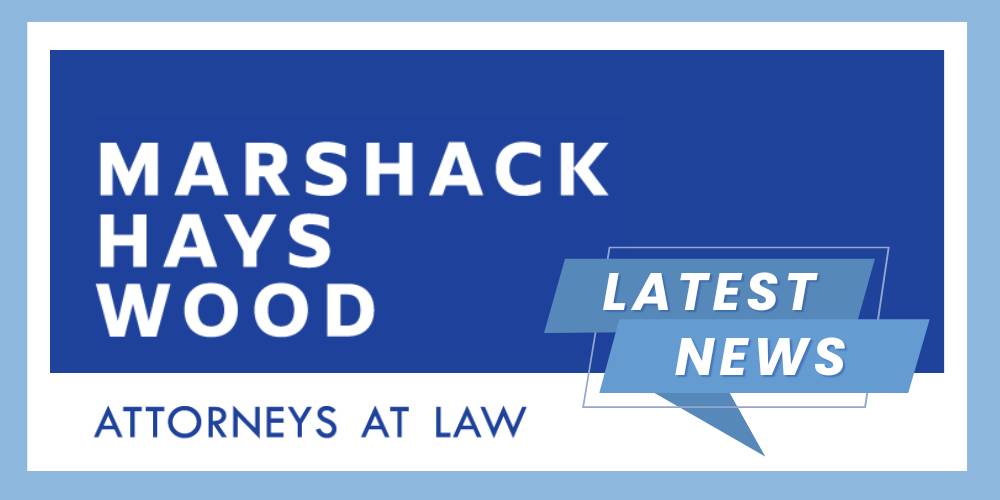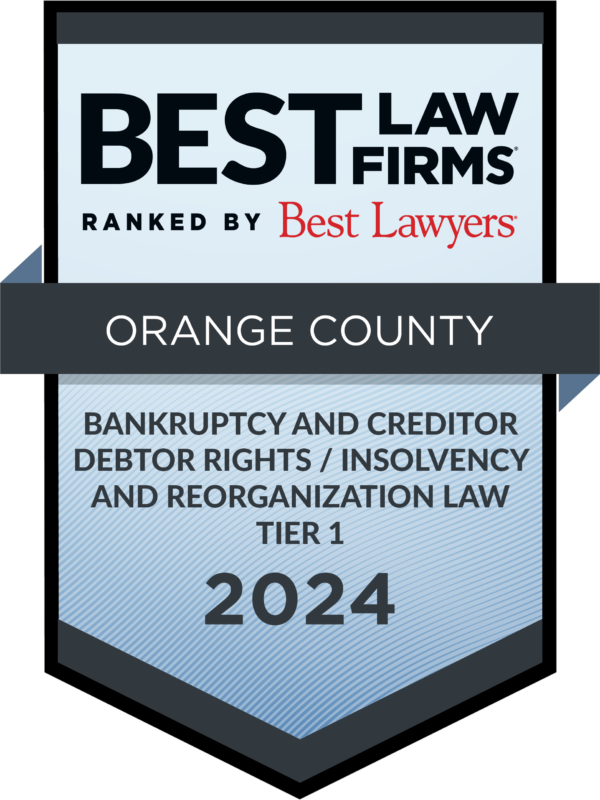Ahcom, Ltd. and Shaoxing – The Race To Dismember Corporate Principals Begins
The recent Ninth Circuit case of Ahcom, Ltd. v. Hendrik Smeding, et al., (9th Cir. 2010) 623 F.3d 1248, surprised many bankruptcy lawyers with its holding that a chapter 11 trustee of a corporation does not own and cannot bring general alter ego claims under California law against its controlling shareholders. And now, less than three months after Ahcom, the California Court of Appeals for the Second District signals the dangers ahead for these shareholders in Shaoxing County Huayue Import & Export v. Ranga L. Bhaumik, 2011 DJDAR 802.
In Shaoxing, the California Court of Appeals affirmed a judgment against the sole shareholder of a corporation, based on alter ego, where the plaintiff’s underlying contract claim could no longer be asserted against a corporate debtor in bankruptcy. In my view, the race to the courthouse to pursue the personal assets of shareholders for corporate debts will begin in earnest.
Following Ahcom, a bankruptcy trustee may not use a claim of alter ego unless it is coupled with an appropriate underlying cause of action such as fraudulent conveyance, conversion or theft. Before Ahcom, Ninth Circuit practitioners had relied on Bank of Maui v. Estate Analysis, Inc., 904 F.2d 470 (9th Cir. BAP 1990) and In re Davey Roofing, 167 B.R. 604 (Bankr. C.D.Cal. 1994) which interpreted California law to allow a corporation (or its trustee in bankruptcy) to bring a general alter ego claim against its owners where a shareholder had effectively “misappropriated for his own benefit assets belonging to the bankrupt corporation, to the detriment of … all of Debtor’s creditors….” See Davey Roofing, 167 B.R. at 608.
These bankruptcy cases looked at California law and found a general claim of alter ego. Ahcom rejected this interpretation and Shaoxing agrees, leading to a practical problem for controlling shareholders of any bankrupt corporation—no corollary protection from the automatic stay in state court lawsuits.
As the court held in Shaoxing, since there is no general claim of alter ego owned by the estate, the action against the shareholder in state court did not violate the automatic stay of 11 U.S.C. Sec. 362(a). Shaoxing, 2011 DJDAR at 805. The defendant, Bhaumik, had alleged a stay violation and had sought actual and punitive damages under 11 U.S.C. Sec. 362(k)(1). This threat has previously served to ward off a great deal of litigation against corporate shareholders during a corporate bankruptcy in the Ninth Circuit. Not anymore.
Because the Shaoxing Court held, consistent with Ahcom, that the corporate creditor was not seeking to assert a right that belonged to the corporate debtor’s estate, the automatic stay was not violated and Bhaumik was not entitled to any damages for such an alleged violation. And while the automatic stay only offers temporary protection for some shareholders, a more significant problem in the insolvency environment is the shareholder’s inability to settle out alter ego claims with a neutral third party bankruptcy trustee.
Insolvency and reorganization cases can be messy and confusing, particularly when the facts suggest that shareholders have not dealt fairly with a corporate debtor. Bankruptcy trustees often face difficult record reviews, the need for forensic accounting expertise and expensive discovery just to determine what harm may have been done and what specific causes of action may be available to the estate and its creditors. Sometimes these investigations discover unfair conduct that will support a trustee’s specific cause of action for fraudulent conveyance, conversion or theft. But sometimes these facts will overlap with poor corporate record-keeping and the failure to keep personal and corporate business matters separate—in other words, facts that also support alter ego findings.
Prior to Ahcom, bankruptcy trustees, in these messy cases that were subject to California law, had an opportunity to litigate or sit down with the corporate principals and work out a settlement for the benefit of all creditors. These settlements often provided, among other things, a release of alter ego claims, together with specific avoidance claims of the estate. In these circumstances, all creditors benefited in a single organized forum, shared the expense equally and avoided a race to the courthouse to dismember the principals’ assets in multiple lawsuits. Of course, it was understood that the release of alter ego claims would prohibit individual creditors from suing the shareholders in state court.
Unfortunately, the lesson from the holdings in Ahcom and Shaoxing is that the race to the court house to sue principals for the debts of their corporations has only just begun.
Ed Hays specializes in business litigation and bankruptcy. He has over 18 years of experience in complex litigation, business litigation and bankruptcy matters. Over the years, Mr. Hays has represented businesses, creditors and bankruptcy trustees in complex core and non-core bankruptcy proceedings. He is a previous Chair of the Commercial Law & Bankruptcy Section of the Orange County Bar Association. He has also served in the past as a Judge Pro Tem in the Los Angeles County Superior Court. He is a founding partner of Marshack Hays LLP in Irvine, California and may be reached at 949.333.7777.
By Ed Hays



